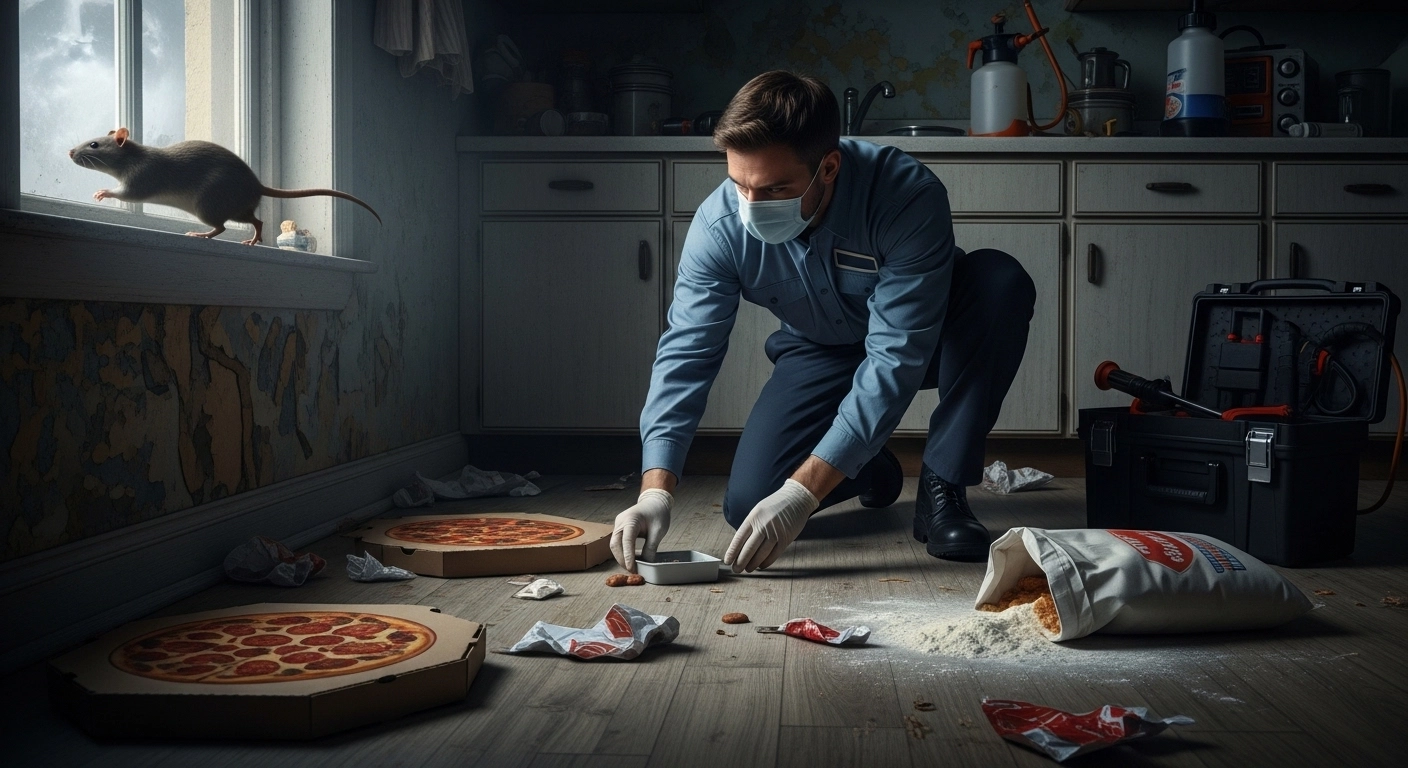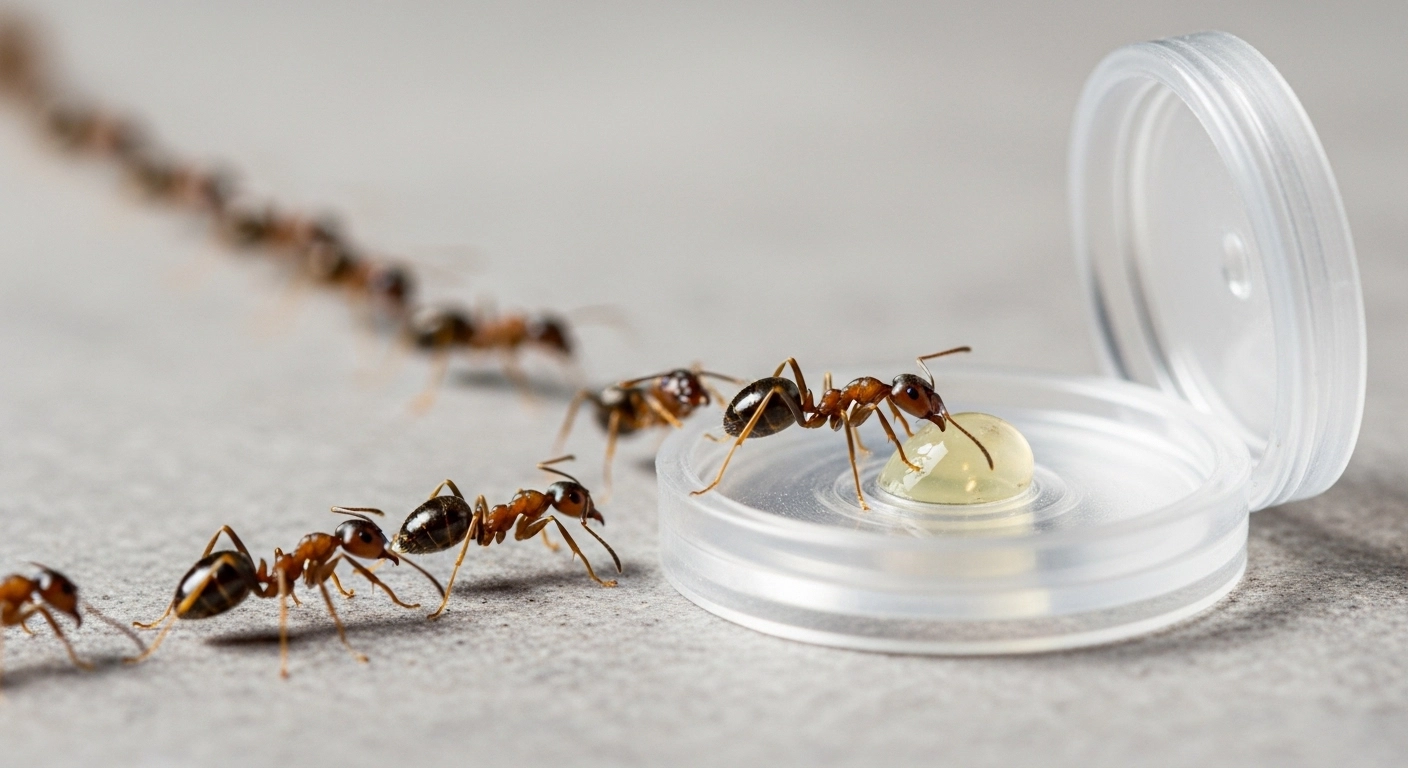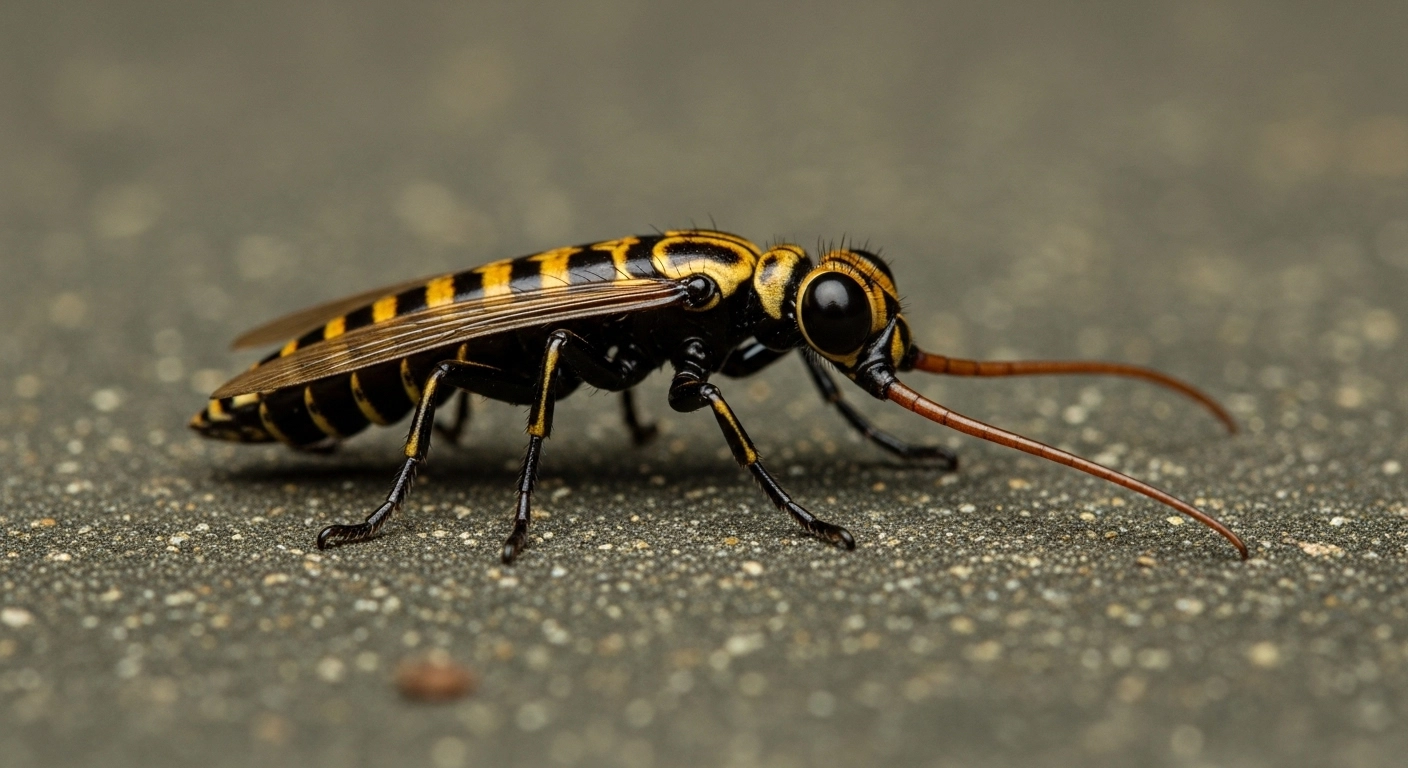Key Takeaways
| Topic | Key Takeaway |
|---|---|
| Natural pest control | Use natural pest control methods like companion planting, insecticidal soap, and neem oil to keep your garden healthy and free of pests. |
| Chemical pest control | If you must use chemical pesticides, choose products that are safe for the environment and follow the instructions carefully. |
| Prevention | The best way to control pests is to prevent them from entering your garden in the first place. Keep your garden clean and healthy, and use barriers like netting or fencing to keep pests out. |
Natural Pest Control
Garden pests can be a real nuisance, but there are many natural ways to control them without resorting to harsh chemicals. Here are some effective methods for keeping your garden healthy and pest-free:
Companion Planting
Companion planting is the practice of planting certain crops together in order to benefit each other. For example, planting marigolds alongside tomatoes can help repel nematodes, while planting basil alongside tomatoes can improve their flavor.
Insecticidal Soap
Insecticidal soap is a safe and effective way to control many common garden pests, including aphids, spider mites, and whiteflies. To make your own insecticidal soap, mix 1 tablespoon of liquid soap (such as Castile soap) with 1 quart of water and spray it on your plants.
Neem Oil
Neem oil is another natural pesticide that can be used to control a wide range of garden pests. It works by disrupting the insect’s hormonal balance, making it difficult for them to feed and breed. To use neem oil, mix 2 tablespoons of oil with 1 gallon of water and spray it on your plants.
Chemical Pest Control
While natural pest control methods are generally safer for the environment, there may be times when chemical pesticides are necessary. Here are some tips for using chemical pesticides safely:
Choose Safe Products
When choosing a chemical pesticide, look for products that are safe for the environment and follow the instructions carefully. Avoid using products that contain harmful chemicals like neonicotinoids, which can harm bees and other beneficial insects.
Use Pesticides Sparingly
Chemical pesticides should be used sparingly and only when necessary. Overuse of pesticides can harm beneficial insects like bees and butterflies, as well as contaminate soil and water.
Prevention
The best way to control pests is to prevent them from entering your garden in the first place. Here are some tips for preventing pests:
Keep Your Garden Clean
Pests thrive in dirty environments, so it’s important to keep your garden clean and free of debris. Remove dead leaves and other plant debris regularly to prevent pests from taking up residence.
Use Barriers
Barriers like netting or fencing can be used to keep pests out of your garden. For example, you can use netting to protect your fruit trees from birds or fencing to keep rabbits out of your vegetable garden.
Conclusion
Controlling pests in your garden doesn’t have to involve harsh chemicals or expensive treatments. By using natural pest control methods like companion planting, insecticidal soap, and neem oil, you can keep your garden healthy and free of pests. And if you must use chemical pesticides, be sure to choose products that are safe for the environment and use them sparingly.



